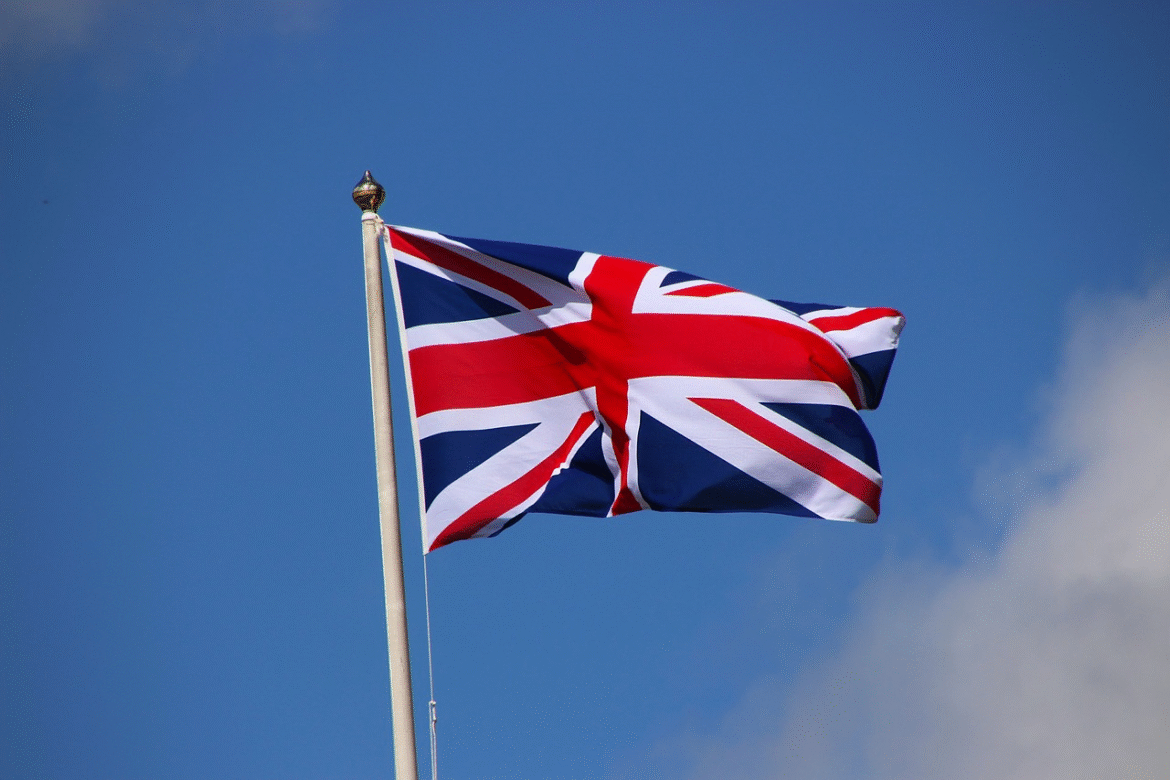Britain’s biggest high street banks endured a bruising day on the stock market Friday, as swirling rumours of a potential tax grab sent their shares into a nosedive. More than £6 billion was wiped from their combined market value after a thinktank report reignited the debate over a windfall tax on the sector, spooking investors and highlighting the lenders’ political vulnerability.
NatWest was the biggest casualty on the FTSE 100, with its shares plunging nearly 5%. It was a similar story for its rivals, with Lloyds Banking Group shedding over 3% of its value and Barclays dropping 2%. The sell-off was a direct response to a paper by the Institute for Public Policy Research (IPPR), which advocated for a new levy to recoup bank profits derived from the UK’s quantitative easing program.
The IPPR’s argument centres on the interest banks have been earning on reserves held at the Bank of England since the 2008 financial crisis. With interest rates now significantly higher, these payments are costing the UK taxpayer £22 billion a year—a sum the thinktank believes should be returned to public coffers. The proposal suggests a tax akin to a levy on deposits introduced by Margaret Thatcher in 1981.
This comes at a time when the chancellor, Rachel Reeves, is under immense pressure to find ways to plug a fiscal black hole of up to £40 billion. However, market commentators have expressed caution. They argue that while raiding bank profits might be politically popular, it could prove counterproductive if it curtails lending and undermines the government’s stated goal of promoting economic growth.



